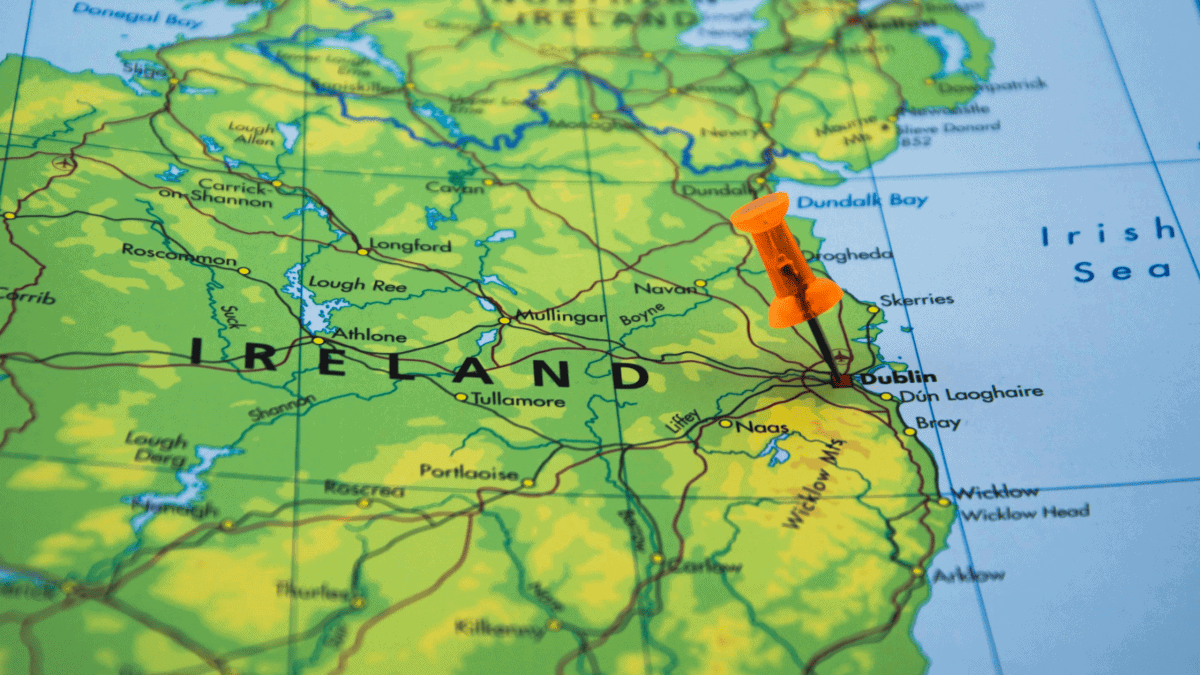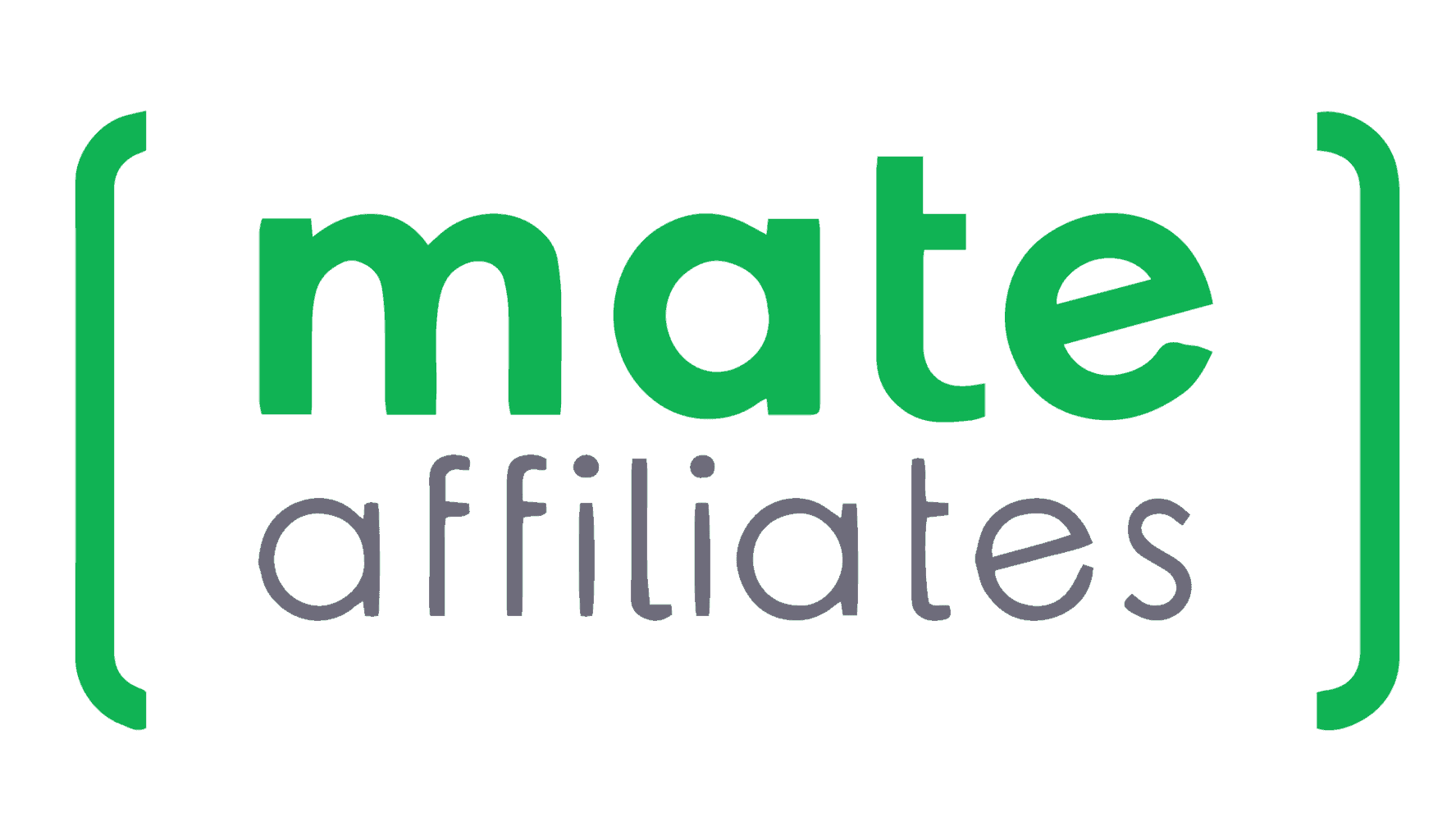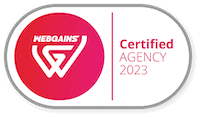Gambling was once considered to be a sketchy activity related to the underground. However, with more betting shops opening all over the country, it’s evident that modern-day gambling is anything but shady business.
According to the Independent, the Irish gambling industry is estimated to be worth around €10 billion. Ireland also ranks third in terms of gambling, just behind Australia and Singapore. This establishes it as an important market for many retail and online companies offering colorful and vibrant slots, amazing betting categories (including some rather bizarre ones like weather, showbiz and TV shows), and mobile gaming on the go.
On the face of things, this may look like a great opportunity to both increase the state’s budget and lower unemployment rates. But one important question remains: who are those that place their bets and make the Irish gambling industry flourish?
The prevalence of gambling in Ireland
In 2014 and 2015, Irish Department of Health initiated a study which looked at the prevalence of both drug use and gambling in Ireland and Northern Ireland. The goal was to collect representative and comprehensive data with regards to the gambling habits of all generations.
The survey included many popular forms of gambling, such as buying lottery tickets or scratch cards, as well as playing casino games online and more. Survey participants were aged between 15 and 65, even though gambling and lottery are illegal for under-18s. But it’s no secret that Irish teenagers have found a way to surpass legal gambling restrictions. They place their bets on unregulated websites, which puts them at a bigger risk of suffering from the harmful effects of gambling.
The results were astonishing. 64.5% of people surveyed reported some form of gambling, while 41.4% reported doing so on a monthly basis or more often. Bearing in mind this survey was carried out in 2014/2015, one can only assume that numbers would be higher if the research was redone today.
Concerningly, one teenager in every 10 aged 15-17 had purchased some form of gambling service in the years when the research was conducted. Moreover, 9.4% of teens – mostly boys – preferred horse (and other forms of) racing over any other kind of gambling.
Lottery: The primary form of gambling in Ireland
Even though the gambling industry is experiencing certain trends, just like any other, the Irish seem to be loyal to the gambling classic – the lottery. According to the results of the survey, 56.7% of all participants have bought a lottery ticket or scratch card in person at some point last year, and 35% of them did so last month.
Only 3% decided to play online lottery. However, this piece of information should be taken with a grain of salt – especially as the situation has significantly changed since the survey was taken. According to the Irish Times, online lottery providers are causing quite a headache to lotto operators. It’s expected that on a global level, online lottery wagers will rise from $29 billion in 2017 to $76 billion by 2022.
Online Casino: the king of daily gambling
When it comes to the frequency of betting and gambling, it depends on the game and gambling type. For instance, in 2014/2015, most players who preferred to play each day did so online. 14.8% of all participants played games and placed bets in their online casino each day, and we can presume how nowadays this number would be much higher as online casinos are taking Ireland by the storm.
Mobile casinos are also becoming increasingly popular. According to The Cork, online casinos in Ireland are experiencing an annual increase of about 10-15%, just like anywhere else in the world.
When it comes to punters who play several times a week, they mostly prefer playing games and casino games in specialised betting shops (44%), and placing bets on virtual events in sports betting shops (29.6%). Those who prefer to play several times per month also turn to online betting and gambling companies, as 26.4% of all surveyed prefer placing bets on numbers online.
Who gambles the most? Boomers vs. millennials
The survey by the Department of Health also showed the prevalence of gambling types among age groups. 72.4% of adults aged 55 to 64 reported that they gambled last year, followed by those aged 35 to 44 (70.5%) and the 45 to 54 age group (69.4%). Most of them preferred different types of lottery, while the young generation aged 18-24 prefers to gamble directly at bookmakers (20.8%) – or to place a bet at a horse or dog racing meeting (16.8%).
The survey also shows some interesting results regarding the frequency of gambling. Players aged 55-64 gamble the most, with almost half of them (49.4%) playing at least once per month. Online gambling was mostly preferred by young adults, aged anywhere between 25 and 34 years. This isn’t surprising; this is also the age group that tends to use online services the most and is highly dependent on their mobile phones. It’s also a generation that probably understands the online market better than most, since they witnessed its development from an early age.
Contrary to younger generations mostly using their phones, the elderly prefer more traditional betting options.
Luck of the Irish: in numbers
If the Irish gambling market is estimated at €10 billion, you must be wondering where all that money comes from. The answer can be found in results of the survey, as they also did a research on which group spends the most and how much – especially focusing on amounts larger than €250.
Bingo, horse racing and lottery
According to the Department of Health, most people who spent over €250 in the past year did so on lottery tickets and scratch cards. 11.2% of all surveyed participants got their nails dirty scratching colorful foil, or marking birthdays on a ticket.
The same trend is noticed among both males and females. In addition to the lottery, males also tend to spend over €250 a year placing bets on sports at their favorite retail bookie (9.5%). 0.3% of females bet that much on the same category.
Sports betting is followed by horse racing. 3.4% males placed bets worth over €250 in this category. On the other hand, female participants didn’t point to any other significant categories they consider worth their money – with a small exception of bingo. 1.6% of females stated they spent over €250 on playing bingo in person.
This isn’t surprising if we know how in Ireland, bingo is the most acceptable form of gambling. It is not considered betting per se, but a social event. Bingo is played in churches, community centers and homes all across Ireland, and Irish passion for this fun game survived even the COVID-19 pandemic. Entire neighbourhoods would gather at their balconies to play bingo, while respecting all social distancing measures. Besides, Irish bingo enthusiasts also don’t hesitate to protest gambling legislation that may affect their favorite venues.
Who spends the most on online gambling? The generation gap
There is an obvious trend in managing gambling budgets: the older they are, the more the Irish will spend on gambling. We must understand how this is not a trend noticed only in Ireland, but worldwide, as working adults and pensioners manage their incomes independently and don’t necessarily depend financially on others.
6.6% of young adult males, aged 15 to 34, spent over €250 a year on online sports betting in 2014 and 2015. The survey also shows that only 0.8% of them played casinos online.
Young females of the same age group showed little or no interest in online activities – even online bingo – and decided to spend over €250 on lottery. Out of all online gambling forms, online casinos were the most popular among young females, as 0.4% played their favorite games online. Regarding online casinos, this data can be surely considered a bit outdated.
The socio-economic impact of gambling in Ireland
Analysis on the prevalence of gambling in different socio-economic groups shows that there is no significant difference between classes. All groups show similar levels of engagement in gambling activities.
- Group A: professional, senior management, top civil servants – 68.6% gambled in the last year.
- Group B: middle Management senior civil servants, managers and owners of their own business – 71.4% gambled at least once in the last year.
- Group C1: Junior management and owners of small business – 63.4% gambled in the last year.
- Group C2: Skilled manual workers and manual workers responsible for other workers – 65.4% gambled at least once in the last year.
- Group D: Semi-skilled and unskilled manual workers, trainees and apprentices – 60.4% gambled in the last year.
- Group E: All those dependent on the state long-term – 62.7% gambled in the last year.
All groups showed the same propensity towards online lottery, ranging from 2.1% to 3.8%, while online gambling was mostly preferred by groups A, B and C1. Categories C1 and C2 were the ones who betted on sports the most, while the first three categories simply love horse racing.
Criticisms of the survey and government
The survey was conducted on a representative sample of 30,000 Irish citizens. These spanned across all socio-economic and age groups, with a mix of both rural and urban residents. However, it is not flawless.
By the time the results were released in February of 2019, they were already outdated – especially regarding the online gambling industry. Moreover, it neglects the popularity of online gambling that was present in 2014 and 2015 – and has quickly become one of the most popular forms of gambling.
Nonetheless, the research managed to accentuate the flaws of Irish regulatory framework. It showed that younger generations easily find alternatives, since illegal and unlicensed gambling sites are still widely available. These results were not only indicative regarding underage gambling, but also gambling in general. For instance, vulnerable adults prone to addiction will more frequently turn to unregulated sites with attractive offers to satisfy their craving for a good bet, thus making them more exposed to harmful scams and unfair playing conditions. For this reason, the Irish Gaming and Lotteries Acts of 1956 to 2013 were subjected to revision in order to make them applicable in the modern-day market.
On December 21, 2019, the Irish public was introduced to the Gaming and Lotteries (Amendment) Act 2019 (the 2019 Act). This makes a number of changes to the licensing regime for gaming and lotteries. It was also described as an “interim measure”, as the Gambling Control Bill proposed a broader legislative framework that would take all the innovations of gambling industry – such as offshore mobile and online casinos – into consideration. At the moment, the 2019 Act, doesn’t explicitly mention anything regardless of the offshore companies targeting Irish customers, but is mostly interpreted as applicable only on operators registered in Ireland and based in Ireland.
________________________________________________________________________
This promoted content was produced by an advertiser of Affiverse. This is a paid-for Advertorial supplied by irishcasinohex.com a website operated by Lovelto Mar LTD.
























